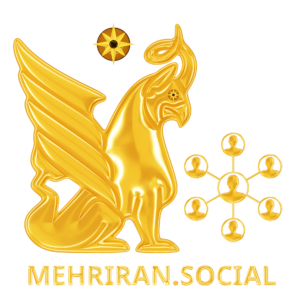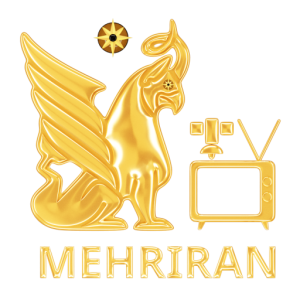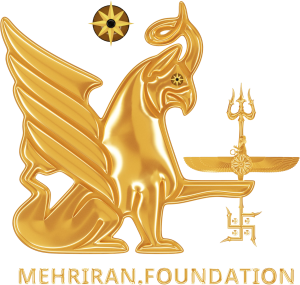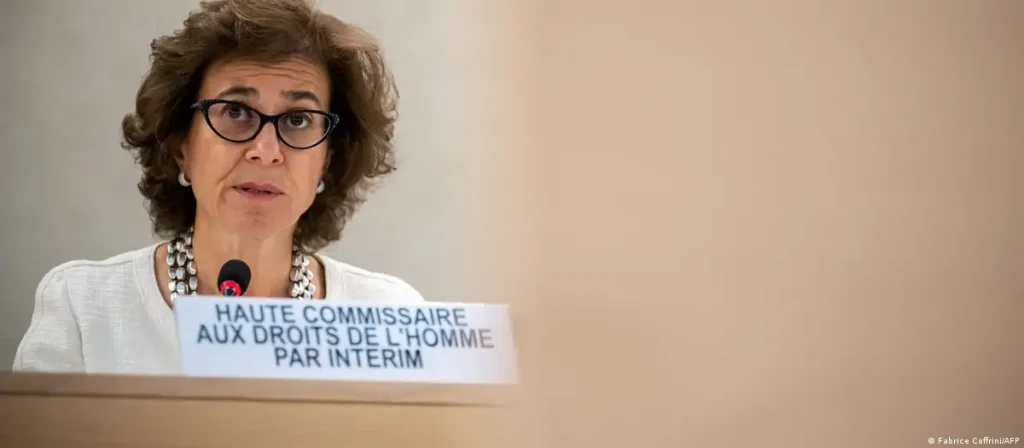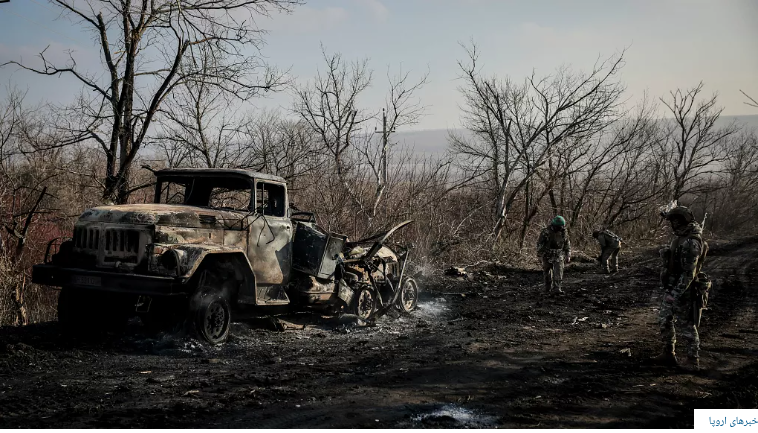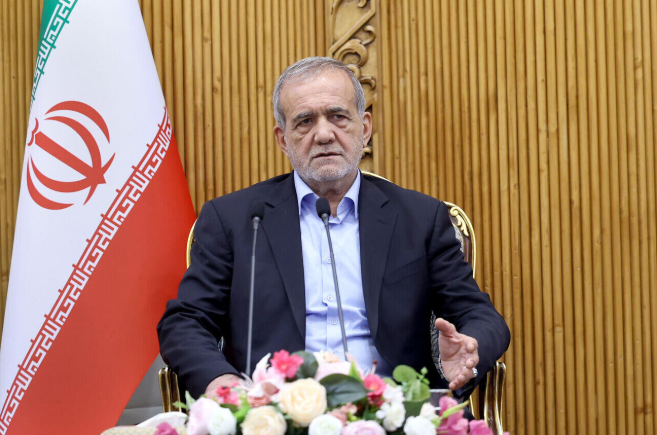NOTICE: If you are not viewing this site in Persian, the content on this page may have been automatically translated using Google Translate and may have some inconsistencies.
NOTICE: If you are not viewing this site in Persian, the content on this page may have been automatically translated using Google Translate and may have some inconsistencies. Dismiss
Menu
1402/11/11
For more than 10 years, the UN has appointed the Special Rapporteur on Human Rights for Iran. In 10 years, the Islamic Republic has never allowed any of these special rapporteurs to travel to Iran, though the request has been repeated over and over again.
Now that for the first time the Human Rights Council has formed a special fact-finding committee to address the crackdown on protesters during the “Woman, Life, Freedom” movement, and the first detailed report of the committee will be presented to the Human Rights Council in March, it is suddenly announced that the UN Deputy High Commissioner for Human Rights, Neda al-Nashif, is scheduled to be released in the first days of February, a month before the fact-finding committee’s report. Iran travels.
Shortly after the announcement, there was a wave of protests and calls from Iranians and human rights organizations to cancel or postpone the trip.
One of the frequent criticisms of human rights activists and UN officials has been that the United Nations inspectors are allowed to travel to the Islamic Republic
In a letter to Volker Turk, the UN High Commissioner for Human Rights, and Deputy High Commissioner for Human Rights Neda al-Nashif, 25 human rights organizations warned in a letter to Al-Nashif’s visit to Iran as a propaganda tool to undermine human rights reports against the Islamic Republic.
Neda al-Nashif is scheduled to travel to Iran on February 3, February 3, 2015, to discuss two human rights issues in the context of “execution” and “women’s rights.”
According to these human rights bodies, the Islamic Republic authorities will attempt to use their formal engagement with the UN High Commissioner for Human Rights “as a propaganda tool to undermine support for existing monitoring, reporting and investigative mechanisms.”
They don’t give Iran. Now this permission has been granted to the Assistant High Commissioner for Human Rights.
In a letter to Volker Turk, the UN High Commissioner for Human Rights, and Deputy High Commissioner for Human Rights Neda al-Nashif, 25 human rights organizations warned in a letter to Al-Nashif’s visit to Iran as a propaganda tool to undermine human rights reports against the Islamic Republic.
Neda al-Nashif is scheduled to travel to Iran on February 3, February 3, 2015, to discuss two human rights issues in the context of “execution” and “women’s rights.”
According to these human rights bodies, the Islamic Republic authorities will attempt to use their formal engagement with the UN High Commissioner for Human Rights “as a propaganda tool to undermine support for existing monitoring, reporting and investigative mechanisms.”
.
Be the first to write a review
Post Views::
7

- +1 (415) 685 8888
- info@mehriran.tv
-
St. Kilda Road towers level 1, 1 Queens Road Melbourne,
Victoria 3004 Australia
Copyright © MehriranTV 2012 - 2024

